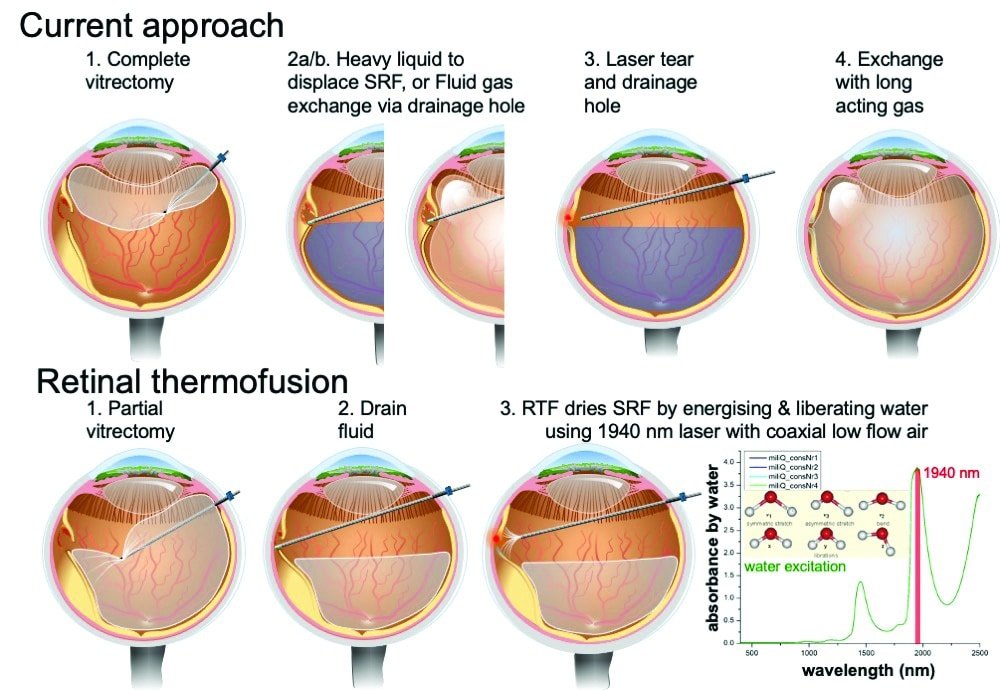A recent study, featured in the Journal of the American Heart Association, sheds light on the potential cardiovascular consequences of even brief episodes of anger.
The research, focused on young adults, suggests that recalling angry experiences can impair the function of cells lining blood vessels, thereby posing a risk for heart diseases, heart attacks, and strokes.
While none of the study participants experienced heart attacks or strokes during the research, their blood vessel health suffered after recollecting angry memories.
Daichi Shimbo, lead author of the study from Columbia University, emphasized the significance of these findings, particularly for individuals with existing health conditions.
“Observational studies have linked negative emotions, particularly anger, with an increased risk of cardiovascular events such as heart attacks. However, there is limited research on other emotions such as anxiety and sadness, despite their potential association with heart attack risk,” stated Shimbo.
Prior studies have hinted at a correlation between intense emotions and heart attacks, with some indicating a higher likelihood of emotional distress preceding such events. Nevertheless, the underlying mechanisms remained ambiguous.
To delve deeper into this phenomenon, Shimbo and his team conducted experiments involving 280 volunteers. Some participants were exposed to induced anger, anxiety, or sadness, while others served as controls.
The measurements encompassed blood samples, blood pressure assessments, and evaluations of blood vessel dilation capacity, a crucial marker of heart health.


